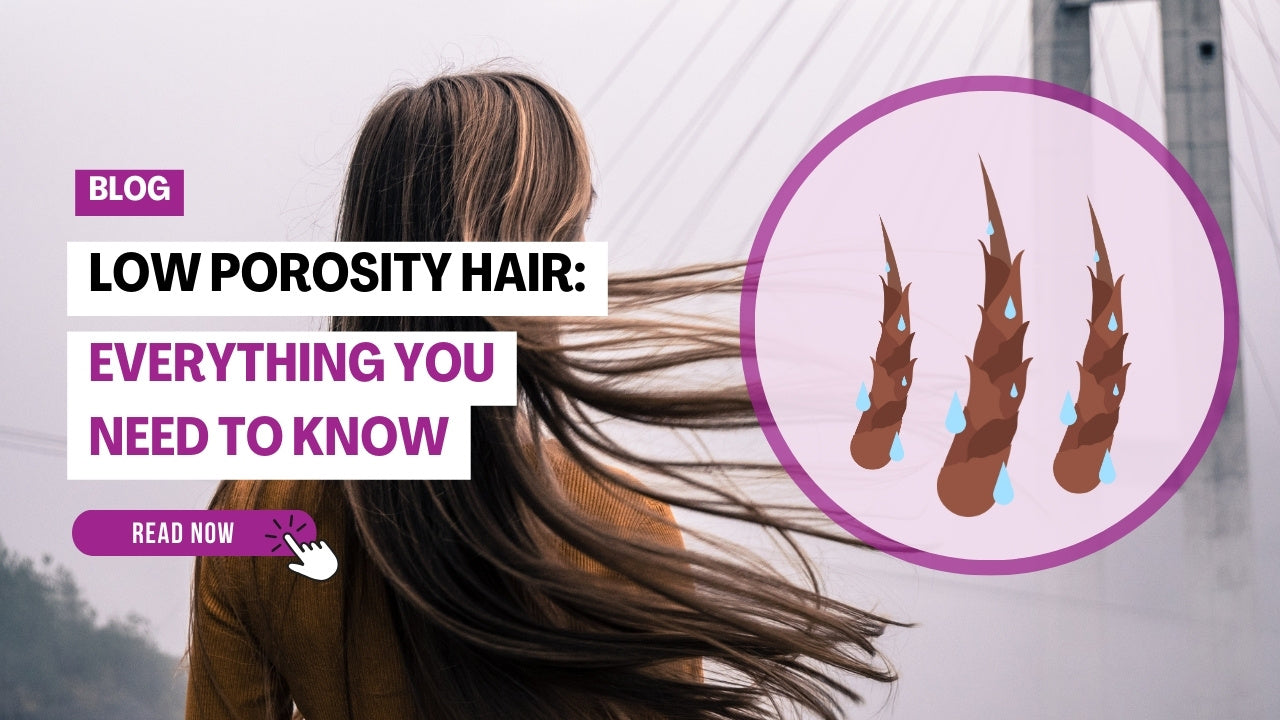
Low Porosity Hair: Everything You Need to Know
The world of hair has many exciting words, and hair porosity is one of them. Similar to your hair colour and texture, even your hair porosity is vital in choosing the right hair care products and treatments, especially if it's low porosity.
Even though hair porosity is super essential, tons of people don't know what it means. That's okay, however! In today's post, we have given you a comprehensive guide on hair porosity and how to check yours.
Plus, we'll share the best ways to take care of low-porosity hair so it stays healthy. So, Read the post to the end to unlock the mysteries of low-porosity hair!
What is hair porosity?
The outermost layer of hair, called cuticles, is vital in how well it absorbs and retains moisture and products. The ability of your hair cuticle scales to absorb moisture and products is called hair porosity, which significantly impacts your hair routine.
Hair porosity has three main categories, which are as follows:
1. Low porosity hair The cuticle scales are tightly packed together and take a long time to absorb moisture and products with good moisture retention.
2. Medium porosity hair The cuticle scales are slightly open, allowing balanced absorption of moisture and chemicals.
3. High porosity hair The cuticle scales on high porosity are lifted or damaged, making it quickly absorbent and difficult to retain moisture.

How do you test your hair porosity?
You can test your hair porosity in a few simple steps:
Step 1 - Wash a few strands of hair to remove any dirt and product build-up on it
Step 2 - Dry them completely
Step 3 - Fill a clear glass with room-temperature water
Step 4 - Gently place those cleaned hair strands in the water
Step 5 - Wait for 3 to 5 minutes

Results:-
- If the hair strand floats on top for most of the time, you might have low-porosity hair
- If the hair strands float and sink slowly in the middle or take a while to sink completely, you might have medium porosity hair
- If the hair strands sink quickly to the bottom, you have high porosity hair.
PS:The above experiment is only for educational purposes. It might not be fully accurate. Consult an expert before making any medical decisions.
How do you take care of low Porosity hair?
Both genetics and your hair care habits influence hair porosity. While high porosity can sometimes be a sign of damage, it's not always the case. However, low porosity hair requires equal attention as they lead to breakage and dullness quickly as natural oils struggle to reach the hair shaft.
Hence, a regular hair care routine might not be enough for low-porosity hair. Here are 5 best ways to take care of low porosity hair:-
1. Pick the right shampoo for low-porosity hair
Always prioritize light-weight and sulphate-free shampoo. Low-porosity hair has tightly closed cuticles, making it difficult for moisture and nutrients to penetrate the shaft. Ensure that your shampoo includes moisturizing properties like Buriti fruit oil, glycerin, jojoba oil, and other nourishing elements that are gentle to hair.
We recommend Marroco Golden Plus shampoo, which is beneficial for low porosity and chemically treated damaged hair.
2. Condition smartly
Low-porosity hair needs moisture. Thick conditioners can be heavy and difficult to penetrate. So, condition your hair smartly by diluting it with a small amount of water while applying it to your hair length. Moreover, look for a conditioner with a lightweight formula. Morocco Golden Plus Conditioner is one of the best conditioner.
3. Use hair mask
Deep condition your hair weekly. Limit high-protein hair masks, as too much protein can dry your hair. Opt for deep conditioners with a balanced protein content or formulated explicitly for low-porosity hair. Use Marroco Golden Plus Mask that is enriched with Argan Oil that is rich in antioxidants, Vitamin A, Omega 6 & Omega 9 Fatty Acids, promoting renewal of hair fiber, helps to return shine, improves hair flexibility and protects hair strands during and after chemical processes.
4. Don't forget heat protectant
Heating tools like straighteners, curlers, and blow dryers cause moisture loss in your hair, making them frizzy and dry, especially for low-porosity hair. Ensure that you use light-weight heat protectant serum before using heating tools.
5. Look for oils for low-porosity hair
Like any other hair type, hair oiling is necessary for low-porosity hair with specific properties. Choose lightweight hair oils with vitamins and fatty acids. In addition, apply a small amount of oil on damp hair to improve absorption.
Conclusion
Hair that absorbs moisture and products slowly due to tightly closed hair cuticles is called low porosity hair. As a result, they require specific attention on hair care products. Although you can find products for low porosity hair, here are key points to note to take care of them:-
- Pick lightweight and balanced protein products.
- Look for moisturizing elements in them.
- Include a deep conditioner in the routine.
Although you can't change hair porosity permanently, you can still keep it healthy with the right approach. So start your hair care right now.

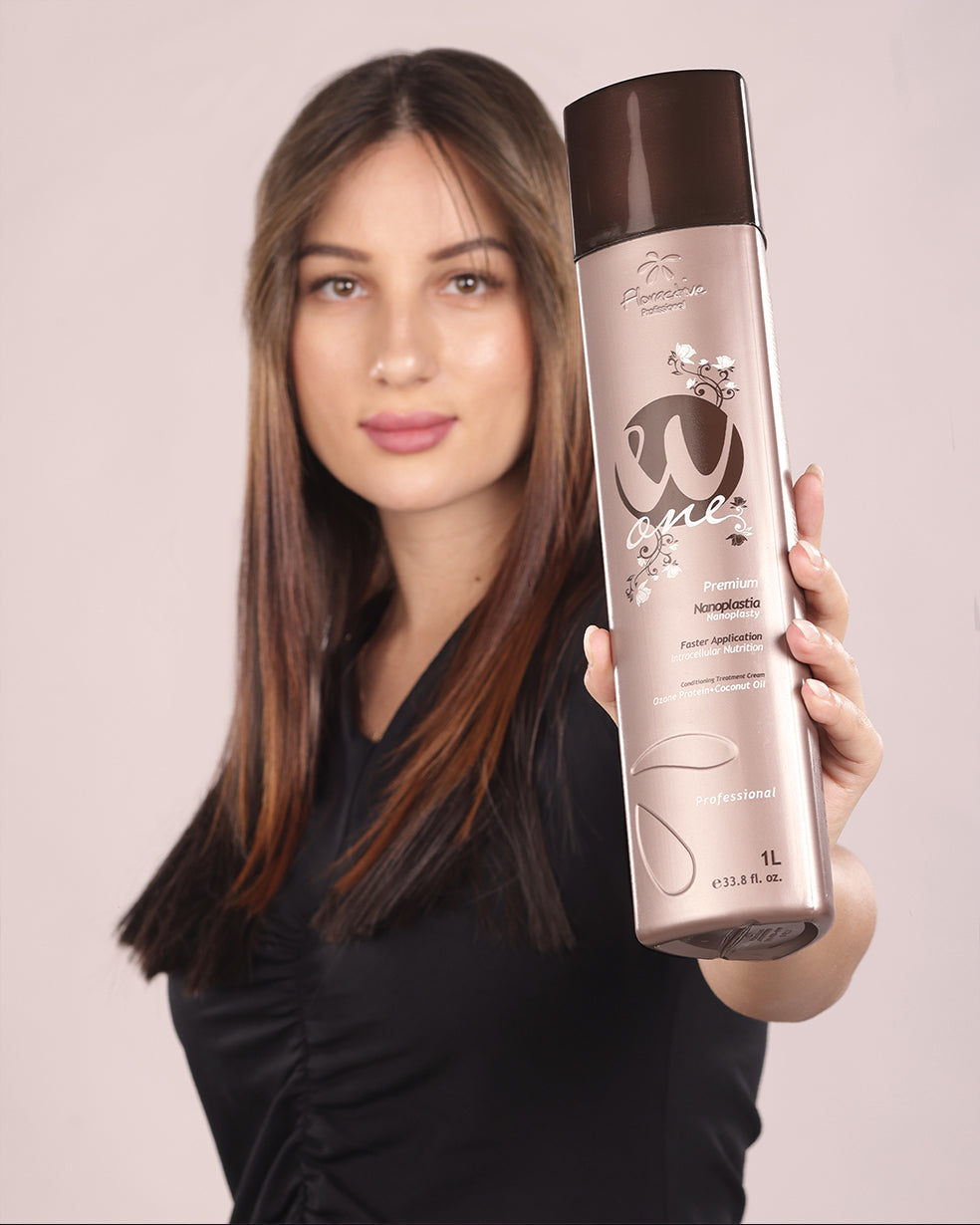
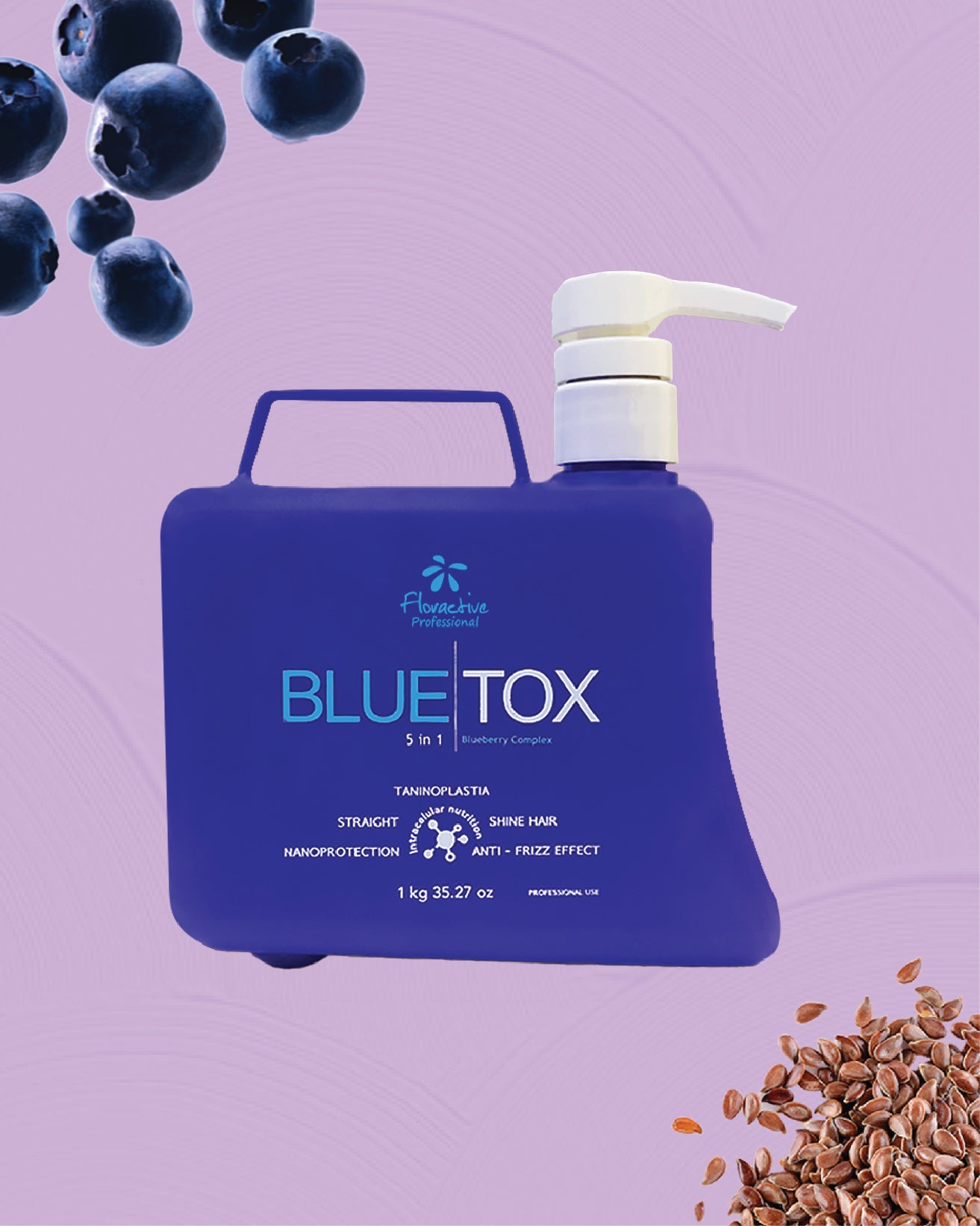
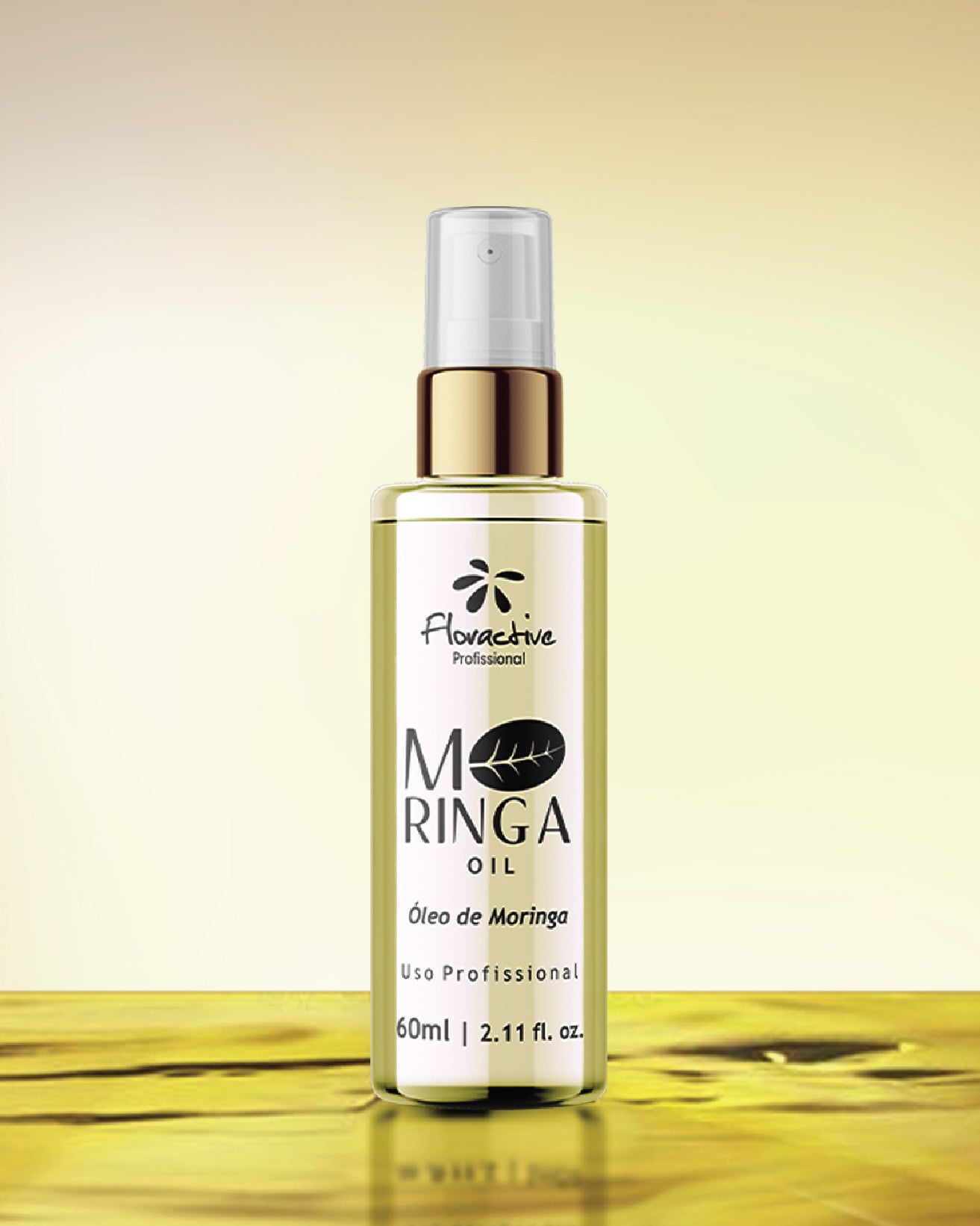
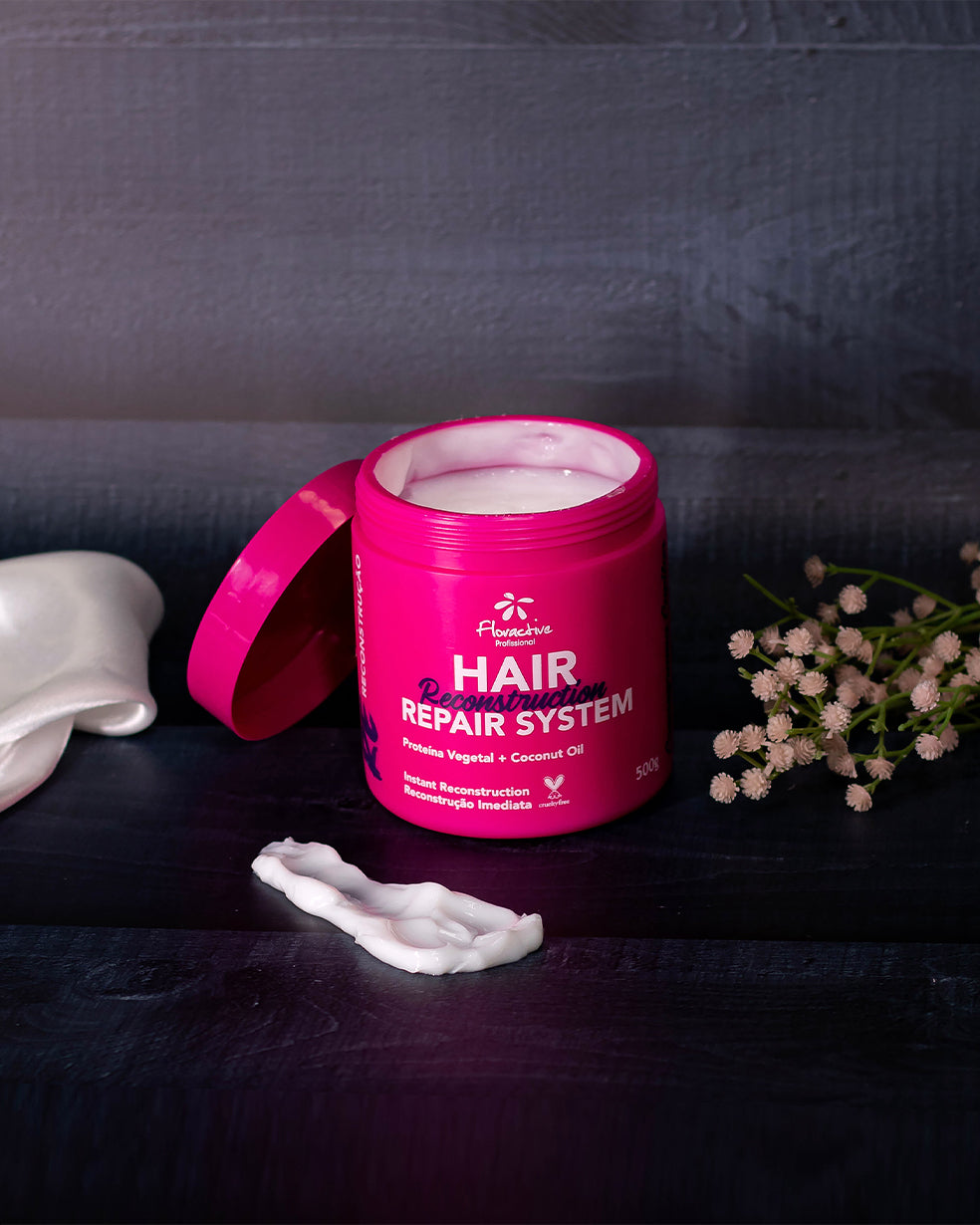
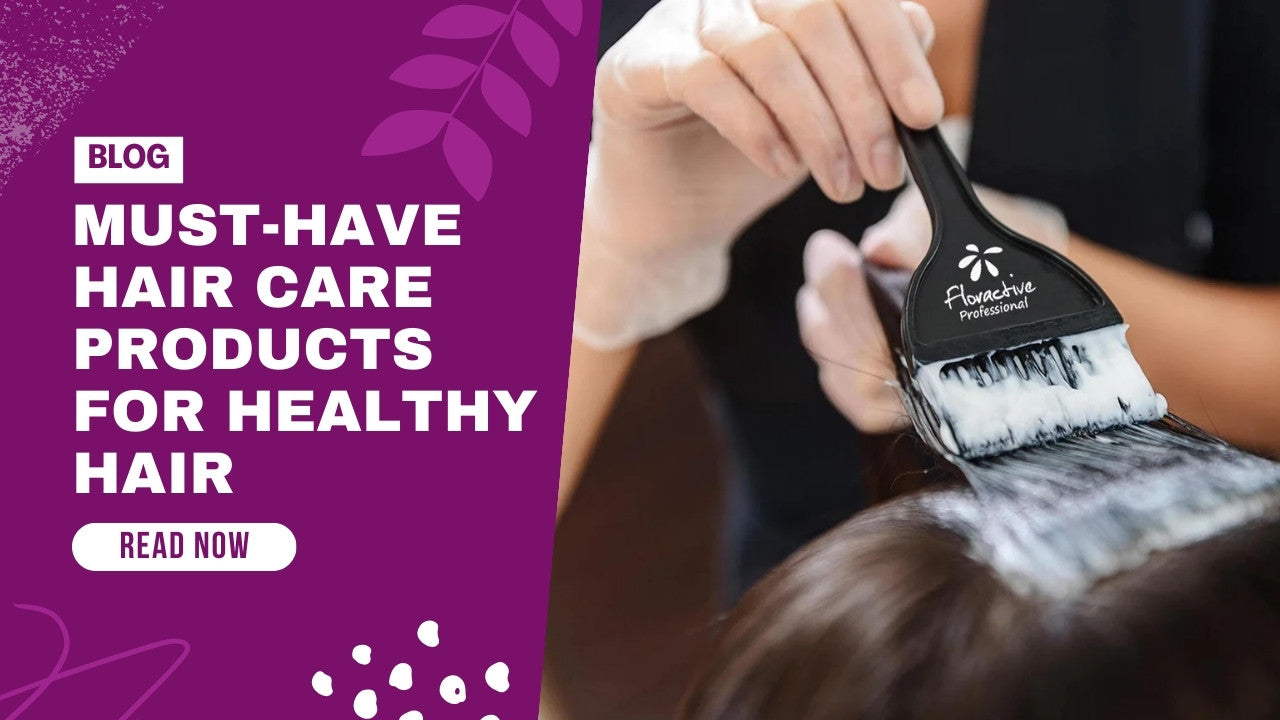
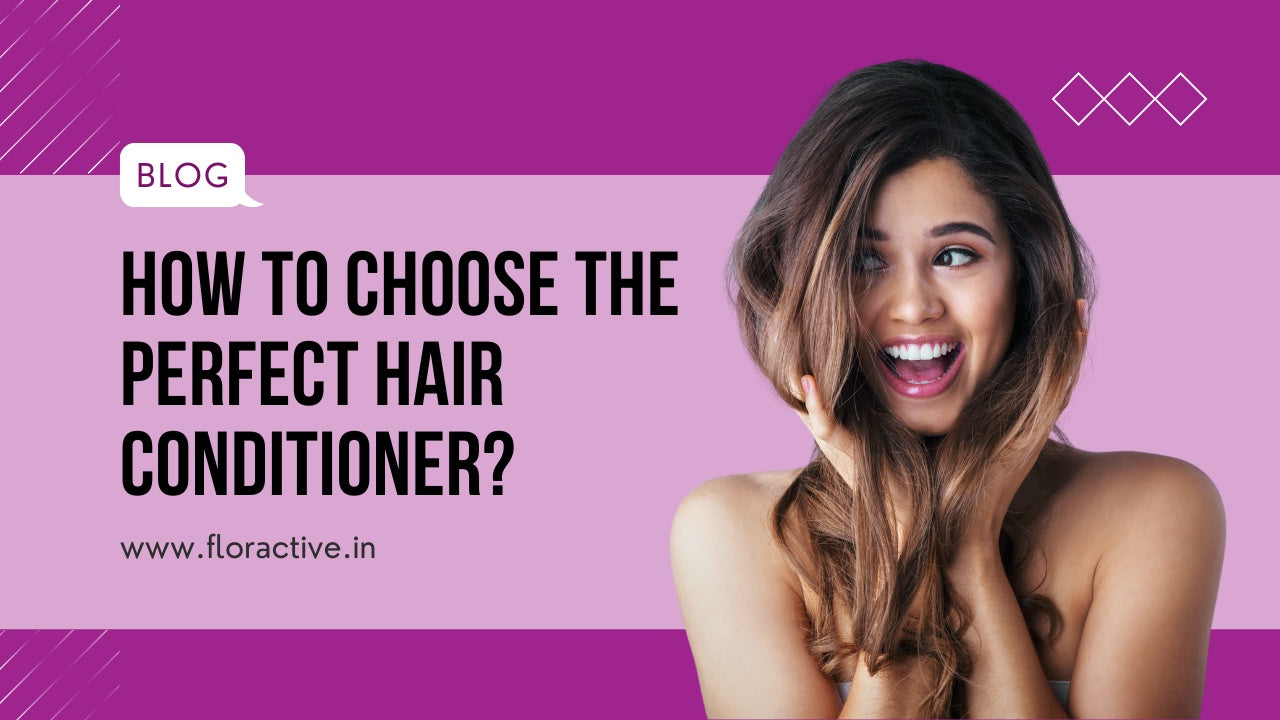




Leave a comment
This site is protected by hCaptcha and the hCaptcha Privacy Policy and Terms of Service apply.